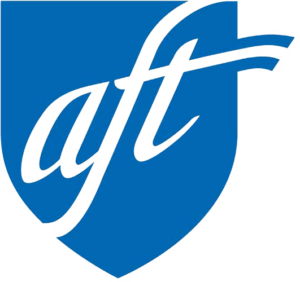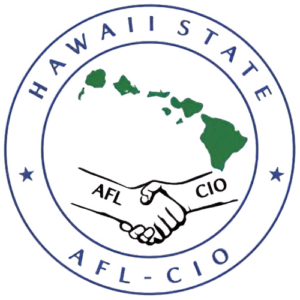UH Anticipated Hire – 2016
UH presented over 400 pages of budgeted documents. UHPA has provided two exhibits that may be of interest to our faculty members; Table 13 anticipated hires for 2016 and Table 14 personnel who left the University from July 1, 2014 - November 30, 2015. The entire UH budget can be reviewed here.



